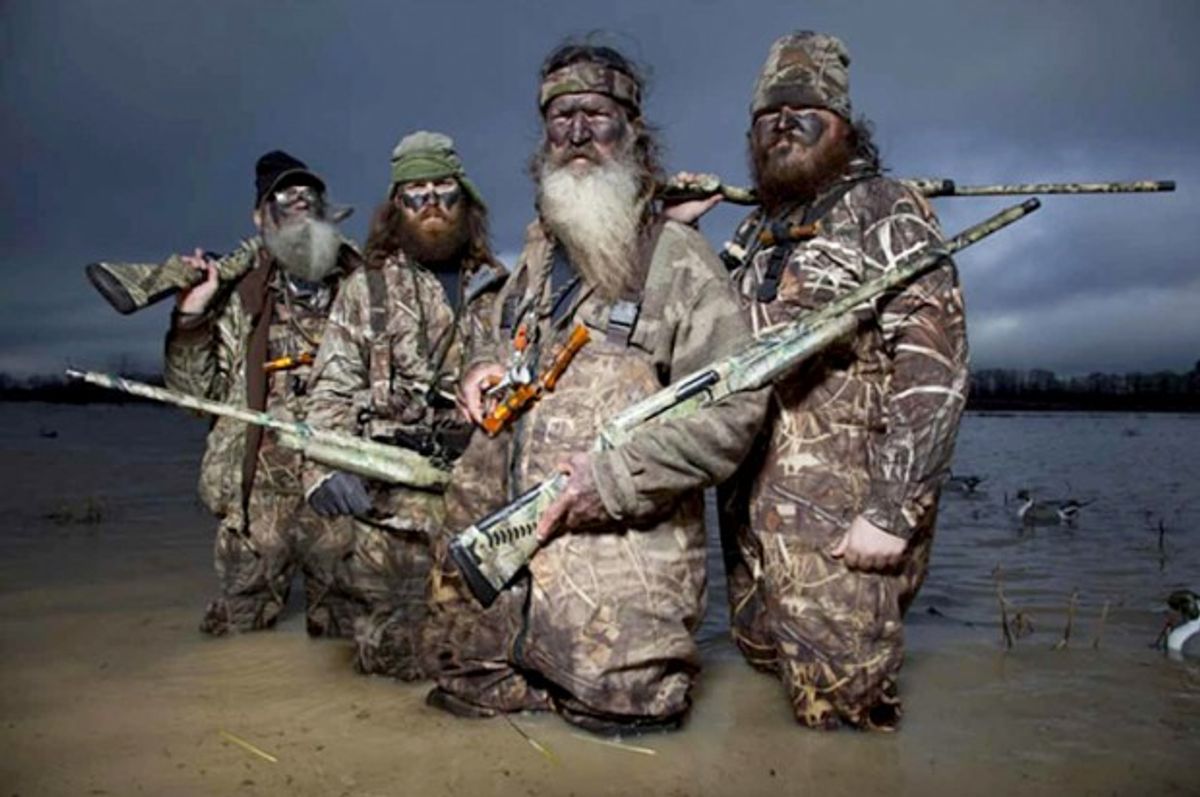BOOKS

Laura Miller was transfixed by Wendy Moore’s “How to Create the Perfect Wife,” which exlores the hidden life of 18th century abolitionist Thomas Day. Day would have been considered a catch during his time -- except that he didn't believe in love, and surreptitiously groomed a wife:
Throughout history, men convinced that women exist solely to serve their needs have been flummoxed to discover that women see things otherwise. Day, however, believed that he had reason and Rousseau on his side. If he could not find an already-grown woman who possessed every quality he required in a spouse, why not make one to order? In 1769, he visited a foundling home and, pretending to be seeking maidservant apprentices for a married friend, secured two girls, aged 12 and 11. His aim: educating and training them to meet his precise specifications in a wife, then marrying the one who best suited him. He even renamed his experimental subjects: Sabrina and Lucretia.
Kyle Minor admires the wit and wordplay of Mary Roach’s newest taboo exploration, “Gulp: Adventures on the Alimentary Canal,” which he says reads more like David Foster Wallace and Ian Frazier than the niche writers who occupy the far corner of the science book world:
Mary Roach writes bestsellers, and a reviewer might be tempted to attribute her success to her choice of subjects, which traffic mostly in taboos about the human body, and which are often succinctly described in a subtitle which follows a high-octane, memorably single-word title. To name three: “Stiff: The Curious Lives of Human Cadavers.” “Spook: Science Tackles the Afterlife.” “Bonk: The Curious Coupling of Science and Sex.”These titles make big promises. Implicit in them is the notion that the reader is not only going to get the science and the prurience, but also (Stiff, Spook, Bonk) a fair acquaintance with good humor, wordplay and the music language can make. When these promises pay off – and in Roach’s books, they always do – it’s more pleasure than learning, which is an extraordinary thing to say about books so packed with previously esoteric information hard won by research.
MOVIES

“The Tree of Life” director Terrence Malick is out with “To the Wonder,” an “abstract portrait of love and marriage” that film critic Andrew O’Hehir recommends despite what he predicts will be a “largely negative critical response”:
Is there a story, in this film where ordinary conceptions of plot and character are pushed so far into the background? Yes, absolutely – it’s another version of the story Malick has been telling since “Badlands” and “Days of Heaven,” the story he revisited in the strongest parts (or so I felt, at least) of “The Tree of Life.” It’s the story of a man and a woman lost in America, alone together against the gorgeous, imposing and sometimes menacing wide-open spaces of the West. It’s also the story, a little deeper under the surface, of how that beautiful landscape has been betrayed, undermined and literally poisoned by those who came from Europe and from the East to live in it.
TELEVISION

Three seasons in, A&E’s “Duck Dynasty” continues to bring in high ratings because, as Willa Paskin notes, it’s “just a great sitcom in reality TV trappings”:
I suspect that one of the reasons that “Duck Dynasty” has been so successful is that it is actually dog whistling to the men it is aiming for on the right frequency: Not only is it really funny, it’s about a bunch of guys who have not been sanded down for network TV. Because “Duck Dynasty” is a reality show, it’s allowed to be culturally, politically and socially complicated about class and religion and the South in a way network comedies with their mandate to appeal to everyone cannot be. “Duck Dynasty” is a better sitcom for all the freedom being a reality show brings it.



Shares